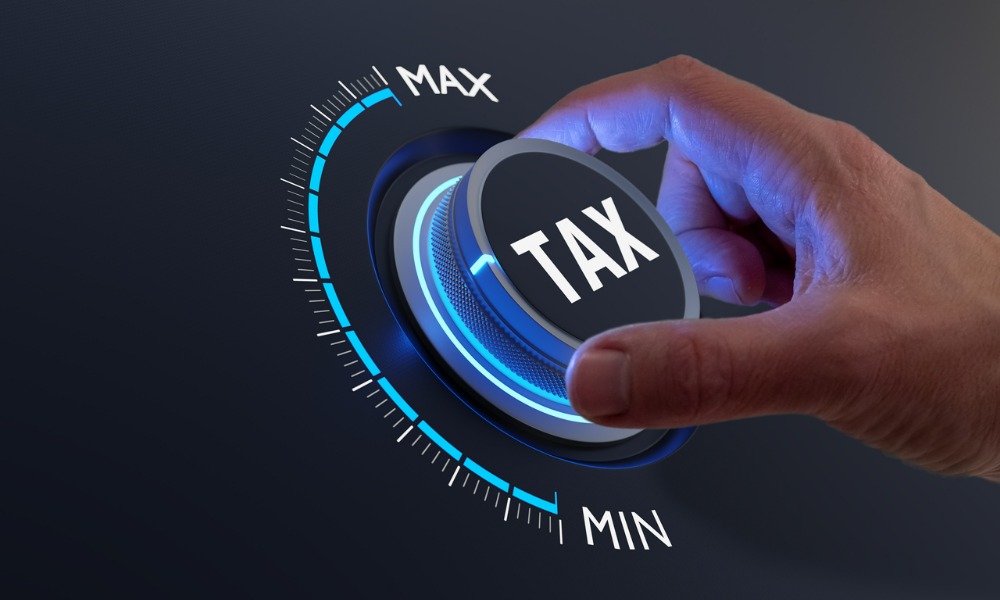New legislation adds a new layer of risk for those who choose to hide income

The Canadian gig economy has been growing for several years but has been accelerated by factors including the rising cost of living. But many Canadians may be risking penalties when it comes to paying tax on income from this work.
While withholding income from the Canada Revenue Agency is always a risk, new legislation makes it more likely that those who choose not to be honest about their gig income will be caught out.
Amendments to Canada’s Income Tax Act were introduced by Bill-C47 this year and means that operators of gig platforms, such as Uber, Lyft, Airbnb, Vrbo, Etsy, eBay, Poshmark, and others where people find and manage their freelance or contract work, are required to report certain information with the CRA on behalf of workers.
H&R Block is warning gig workers that not disclosing income may be picked up from these information filings, that platforms have to provide to the CRA by January 31, 2025.
"Not declaring all income carries significant risks and is effectively breaking the law,” said Yannick Lemay, one of the firm’s tax experts. “The new reporting rules for gig platforms require operators to provide identifiable information on their users and their related income to the CRA. If these reported amounts are not aligned with what gig workers declare through their tax filing, it could create significant red flags with the tax authority and lead to potential financial penalties.”
The firm’s research earlier this year found that out of around nine million Canadians who are part of the gig economy, 43% of 2024 tax filers said they were prepared to withhold details of at least some of their gig income and 32% said they would keep all of it from the CRA.
Gig platforms are required by the updated legislation to provide workers with a copy of the information they file with the CRA including their income, full name, date of birth, primary address, and tax identification number.
"Maintaining meticulous records is imperative for gig workers to track your income closely and ensure that what the platform operator reports to the CRA aligns with your own records, noting all related expenses," said Lemay. "The good news is there are a multitude of tax benefits and credits that gig workers are entitled to, which can help maximize their refund and lower their taxes overall. While the range of expenses you can claim depends on the type of gig work you are engaged with, they can include travel, auto-related, software subscriptions, home office expenses, mobile phone and internet bills, shipping, entertaining and interest or bank charges on business loans, to name just a few."
Not filing accurate information about income in tax returns can land individuals with a financial penalty and interest on tax owed.
“It's imperative that Canadian gig workers understand and are compliant with the new reporting requirements through Bill C-47. With the CRA's looming deadline of January 31, 2025, now is the time to act to avoid potential financial penalties," urged Lemay.



